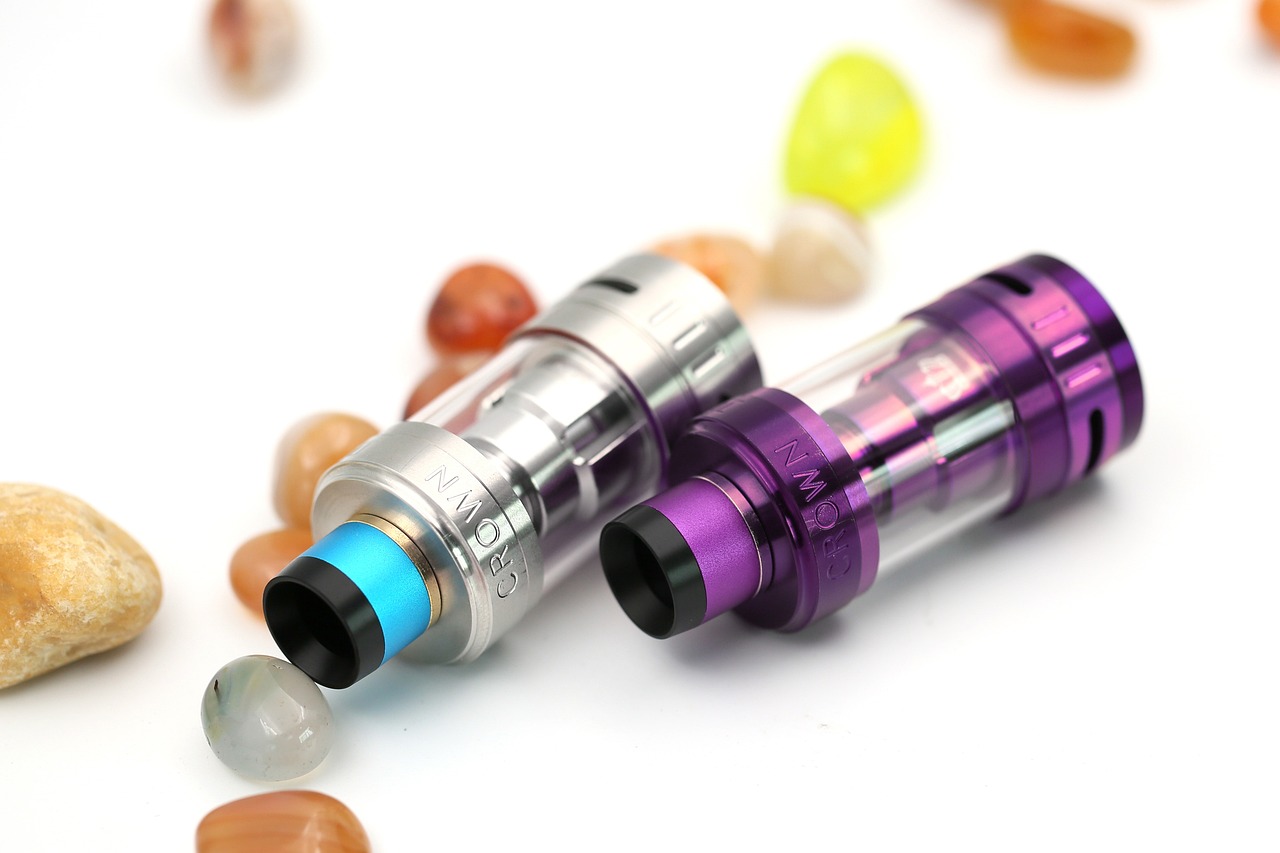THCA Vape Legal Status Explained: State and Federal Guidelines
The legal landscape surrounding THCA vape and potency is complex and varies significantly across different jurisdictions. Understanding the nuances of both state and federal guidelines is crucial for consumers, businesses, and policymakers. This article explores the current legal status of THCA vapes, providing insights into the regulations that govern their use and distribution.
Understanding THCA and Its Uses
THCA, or tetrahydrocannabinolic acid, is a non-psychoactive cannabinoid found in raw cannabis plants. Unlike THC, THCA does not produce a high when consumed. It is often used for its potential therapeutic benefits, which include anti-inflammatory and neuroprotective properties. THCA is typically converted to THC through a process called decarboxylation, which occurs when the compound is heated.
Federal Guidelines on THCA Vapes
At the federal level, cannabis and its derivatives, including THCA, are classified as Schedule I substances under the Controlled Substances Act. This classification indicates that they are considered to have a high potential for abuse and no accepted medical use. Despite this, the 2018 Farm Bill legalized hemp-derived products containing less than 0.3% THC, creating a legal gray area for THCA products.
Key points regarding federal guidelines include:
- THCA derived from hemp is technically legal if it contains less than 0.3% THC.
- The legality of THCA vapes hinges on their THC content post-decarboxylation.
- Federal agencies, such as the DEA, continue to monitor and regulate cannabis products.
State Regulations on THCA Vapes
State laws regarding THCA vapes vary widely. Some states have embraced cannabis reform, legalizing both medical and recreational use, while others maintain strict prohibitions. This patchwork of regulations creates challenges for consumers and businesses alike.
States with Legal THCA Vapes
In states where cannabis is legal, THCA vapes are generally permitted. These states have established regulatory frameworks to oversee the production, distribution, and sale of cannabis products. Examples include:
- California: Known for its progressive cannabis laws, California allows the sale of THCA vapes in licensed dispensaries.
- Colorado: As one of the first states to legalize recreational cannabis, Colorado has a well-established market for THCA products.
- Oregon: With a robust cannabis industry, Oregon permits the sale of THCA vapes under its regulatory guidelines.
States with Restrictions on THCA Vapes
In contrast, some states have imposed restrictions or outright bans on THCA vapes. These states often cite concerns about public health and safety, as well as the potential for abuse. Examples include:
- Idaho: Maintains strict cannabis laws, prohibiting all forms of cannabis, including THCA vapes.
- Nebraska: Cannabis remains illegal, with no exceptions for THCA products.
- South Dakota: Despite recent efforts to legalize cannabis, THCA vapes are not permitted.
Case Studies: Legal Challenges and Developments
Several legal cases have highlighted the complexities of THCA vape regulations. These cases often involve disputes over the interpretation of state and federal laws, as well as challenges to existing regulations.
Case Study: California’s Regulatory Framework
California’s cannabis industry has faced numerous legal challenges, particularly regarding the regulation of THCA products. In 2020, a lawsuit was filed against the California Bureau of Cannabis Control, alleging that the agency’s regulations were overly restrictive and hindered the growth of the industry. The case underscored the ongoing tension between state regulators and industry stakeholders.
Case Study: Federal Enforcement Actions
Federal enforcement actions have also impacted the THCA vape market. In 2019, the DEA conducted a series of raids targeting businesses selling THCA products that allegedly exceeded the legal THC limit. These actions highlighted the federal government’s continued scrutiny of cannabis products, despite state-level legalization efforts.
Consumer Considerations and Safety
For consumers, navigating the legal landscape of THCA vapes can be challenging. It is important to be aware of the regulations in your state and to purchase products from reputable sources. Safety concerns, such as the potential for contamination and the accuracy of product labeling, should also be taken into account.
Key consumer considerations include:
- Verify the legality of THCA vapes in your state before purchasing.
- Choose products from licensed dispensaries or reputable online retailers.
- Check for third-party lab testing to ensure product safety and quality.
Conclusion
The legal status of THCA vapes is shaped by a complex interplay of federal and state regulations. While some states have embraced cannabis reform, others maintain strict prohibitions, creating a diverse regulatory landscape. Consumers and businesses must navigate these regulations carefully to ensure compliance and safety. As the legal environment continues to evolve, staying informed about changes in legislation and enforcement actions will be key to understanding the future of THCA vapes.
